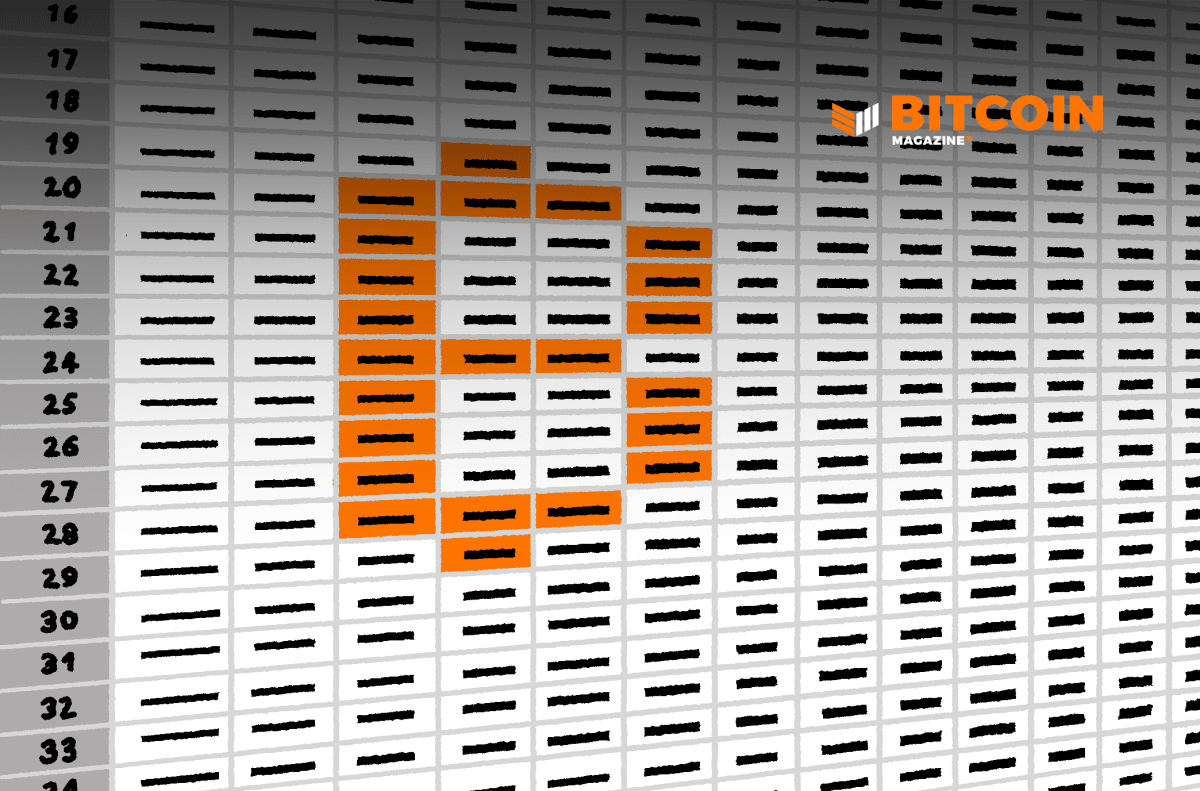Electronics company HTC has announced that it is launching a smartphone to bring crypto and blockchain technology to a wider audience in Q3 2019.
According to a press release shared with Bitcoin Magazine, “The EXODUS 1s will be the first smartphone ever to have full node capabilities” containing the full Bitcoin blockchain.
“With the EXODUS 1, we gave people the power to own their own keys, now we’re giving people the power to run their own node,” Phil Chen, decentralized chief officer at HTC, told Bitcoin Magazine. “It’s about building technology for the free world.”
Without going into specifics, Chen added that he has been working on the project “for some time” and that the largest hurdle was “developing a device that can act as a true full node and hold the full Bitcoin blockchain on the device.” He believes that this goal has now been met.
Chen also described some of the phone’s technical challenges.
“The full Bitcoin blockchain is around 200 GB [and] increasing at about 60 GB per year,” he said. “The full ledger can also be pruned down to approximately 10 GB.”
The phone can support the pruned version at all times, but the use of the full blockchain will require an additional SD card. Additionally, it is recommended that users only run a node off of a stable Wi-Fi connection due to the large data requirements and have a way to recharge the phone on hand.
Chen claimed that “the phone will not be able to mine for bitcoin itself, but we have upcoming partners to announce that will offer hashrates.” The Bitcoin ecosystem relies on both mining activity and the operation of nodes, but Chen observed that mining is much more strongly incentivized. Ideally, the means of running nodes like this with a low cost of entry will help invigorate the overall system.
“Running a node is maybe the most important part of the blockchain as it helps secure the network; every one of them acts as an authoritative verifier of every single transaction of the block,” said Chen. “We first empowered the user by owning their own keys and now we’re focused on empowering the user to run their own node to help secure and grow the network.”
Ideally, the presence of nodes like this will also increase blockchain app operation. According to the press release, additional technical details will be available closer to the product’s commercial release.










